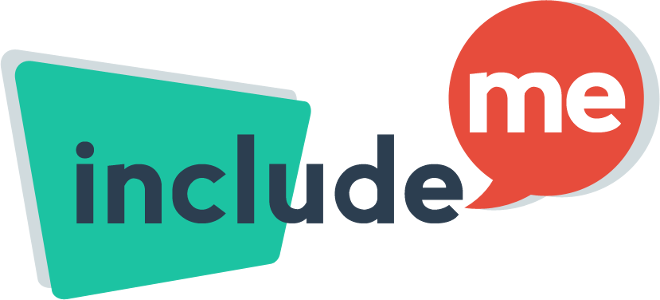Youngsters, especially during adolescence which is their most vulnerable and impressionable age, are in need of role models, and take them from all areas that are close at hand, whether mass media, parents and family, or their teachers. Brining a role model into education has the aim is to expose youngsters to specific attitudes, lifestyles and outlooks, and, in particular, to individuals in which these attitudes and lifestyles are embodied.
This educational tool is often stressed in informal education settings such as youth movements, where the sometimes charismatic educational youth leader embodies the values that he or she is promoting, and therefore provides a frame of reference for the youngsters.
Why is role model education effective?
Because it bridges the gap between the ideal and reality. Education becomes experiential as students learn a little about role model’s lives, and how they embody the values they are trying to pass on and explore.
The gap between theory and practice is bridged, as ideological concepts become realities before the eyes of the students. Very often these role models are parents and teachers, but they are also some media stars, sports people or super heroes.
This suggests a thirst for a strong positive role model to inspire them in the ways that they know are moral and right.
This places the teacher and any educator in an ideal position to fulfill this role, or bring in some positive and inspiring people into the classroom.
Role-model education can be a good basis for mentoring. The concept of mentoring as a tool in the development of young people is becoming more and more popular and commonplace. Mentoring is classically defined as a young person is inducted into the world of adulthood with the help of a voluntarily accepted older more experienced guide, who can help ease the young person through that transition via a mixture of support and challenge.
By bringing successful people into the classroom, e.g. organizing a “professions’ day”, or a “ manager for a day”, or partnering a youngster with a mentor, can produce long term impact on the learning and development and positively reflect on school performance.
You can also combine using ICT and role-modeling by inviting one successful entrepreneur to make a Skype call/presentation and tell their story to the students. They will act like a role-model to the students and hopefully motivate them. Students will have an opportunity to ask this person different questions. Skype is attractive for youngsters and can be a most convenient tool for a successful and busy entrepreneur.










Recent tips